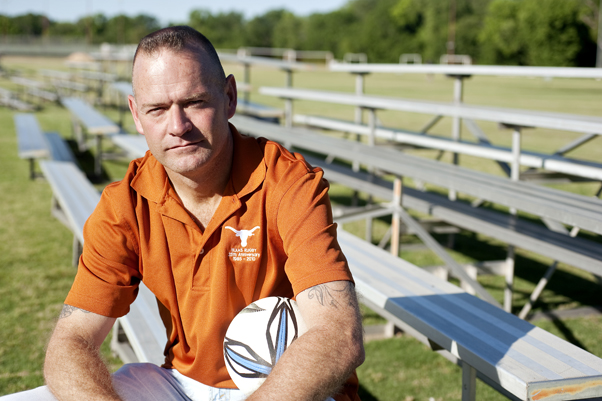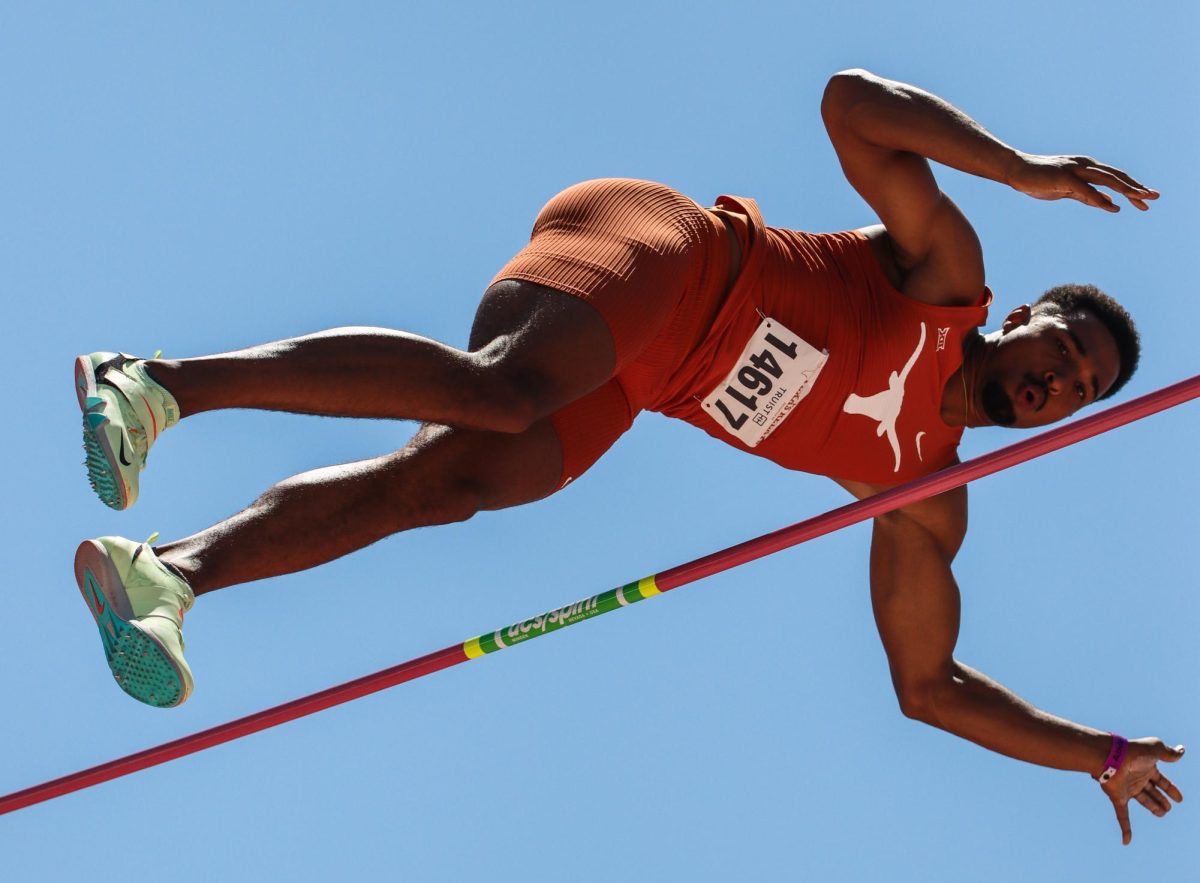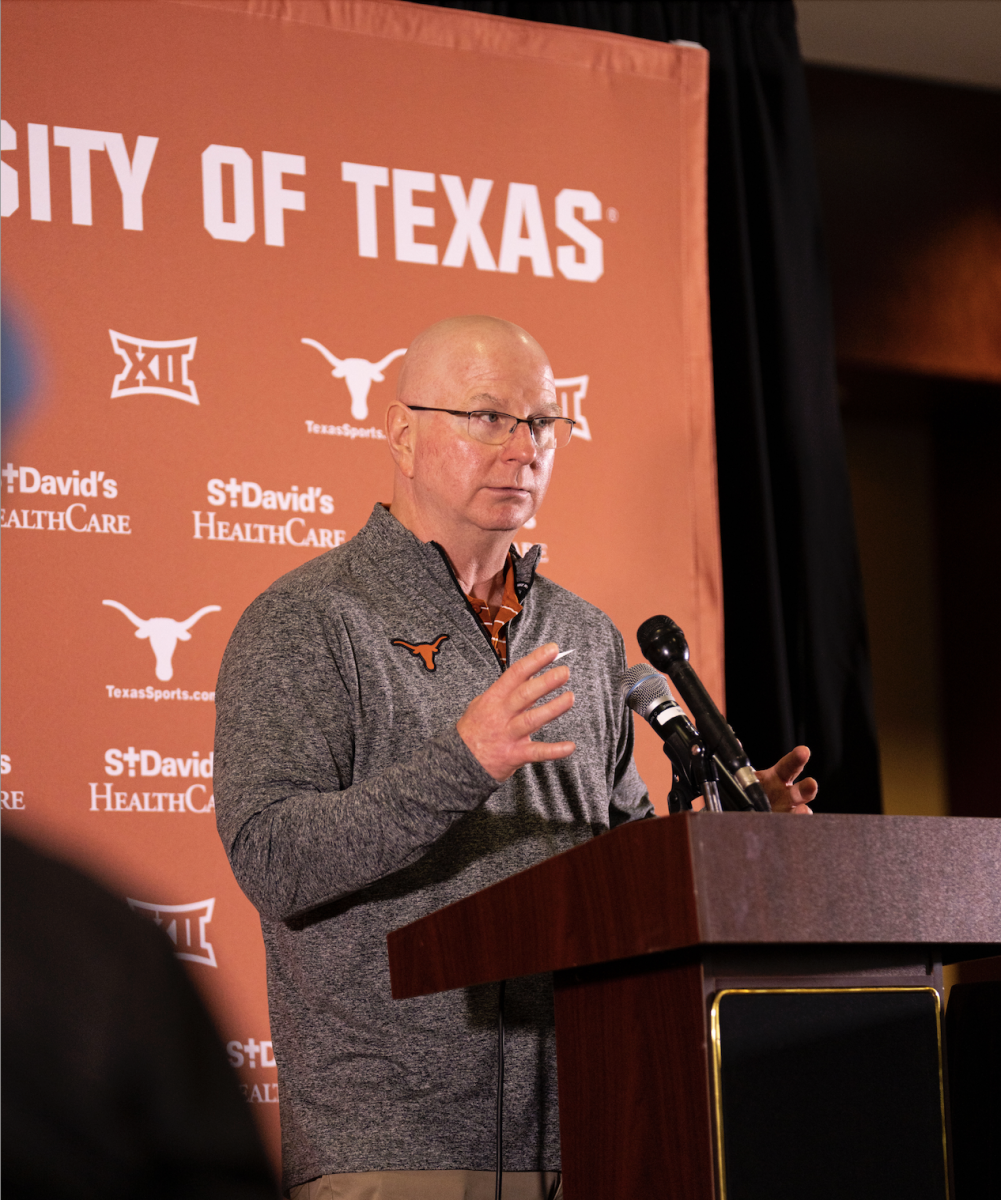Fatal injuries in rugby are extremely rare, despite the sport’s limited protective gear and aggressive nature, said a men’s rugby coach.
UT women’s rugby club captain Stephanie Flores died of complications from a head injury sustained during a match in Kansas City two weeks ago. However, Butch Neuenschwander, head coach of the men’s rugby club team at UT, said her rare and tragic accident doesn’t require the sport to change its rules.
Twenty-two-year-old Flores hit her head after being tackled during a regional tournament. She was hospitalized in Kansas City on April 10 and died in the intensive care unit on April 14.
Neuenschwander said the severity of Flores’ injury was a “freak accident” and came as a shock because fatal injuries are very rare in rugby. Neuenschwander said rugby is a very safe sport, and in his 20 years of playing, coaching and refereeing rugby, he has never seen an accident like Flores’ and neither has his coaching staff.
“People who don’t understand the sport and see maybe a glimpse of it on TV think its this really rough, barbaric sport, like we’re playing tackle football without pads, but that’s not true,” he said.
Neuenschwander said rugby officials and coaches take extreme steps when training players to instill the proper ways to tackle safely, and the regulations are strictly enforced.
“We take safety very seriously, and players know that,” he said. “A guy can be thrown out of a match and suspended from playing for months at a time if he makes some kind of dangerous play.”
UT men’s rugby club’s sports medicine physician Martha Pyron said there are three categories of potentially fatal injuries in sports: head injuries that could be as minor as a concussion, cardiac injuries that could cause heart problems and lung conditions such as asthma.
Pyron said in the last 30 years, rugby has been adapted to make the sport safer, but that doesn’t mean there is no risk of serious injury.
“The risk that [is specific to] rugby is that it does not allow any rigid material on the player,” she said. “They are not allowed to wear helmets, but they can wear a skull cap with padding inside that provides a little bit of protection but not a lot.”
Pyron agrees that Flores’ fatal injury was a very uncommon incident. She’s been tending to the men’s rugby team for eight years and has only seen one neck injury on an opposing team that could have been severe.
She also said rarity does not eliminate the risk.
“This was a really rare thing that happened, but it is still possible,” she said. “Especially in a contact sport that doesn’t provide any real head protection.”
Pyron said one of the most challenging things in sports medicine is determining when to recommend changing the rules of the sport or how it is played.
“At what point do you change the rules of the game all depends on the number of injuries and how many people are really having problems,” she said. “I’m not so sure rugby is at the point that they need to make that kind of change.”





















